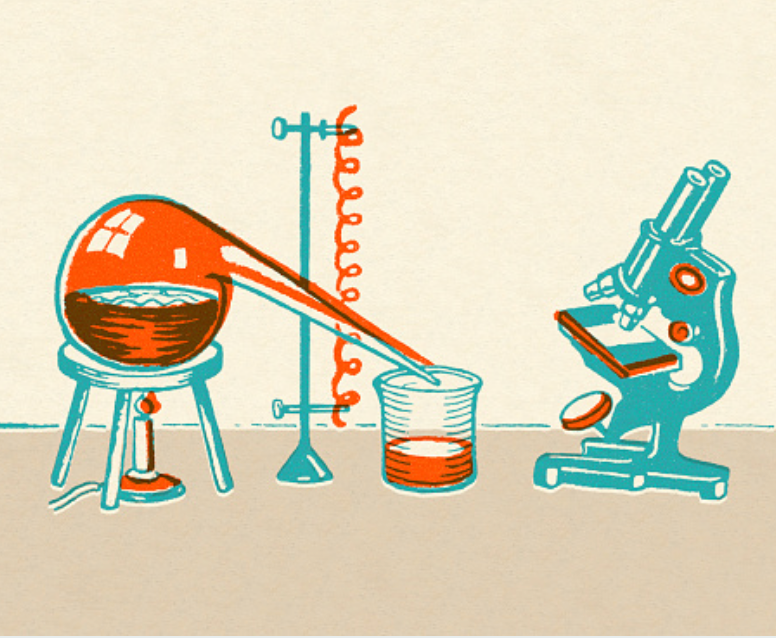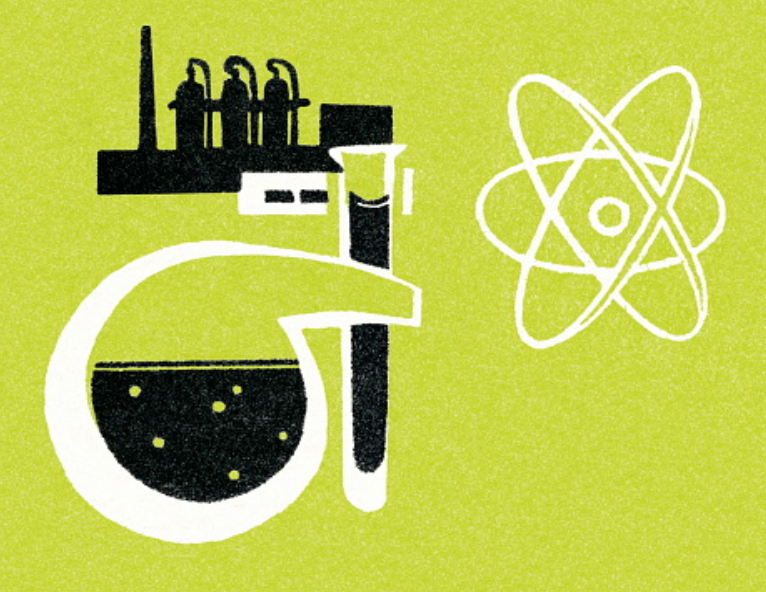Science is our best tool for investigating the universe and improving our lives.
The vast majority of Americans agree. Pew Research recently found that 79% of the public say that “science has made life easier.”
It also finds that the public is proud of America’s scientific accomplishments.
The recent presidential election showed that an anti-science sensibility is on the rise. The Republican candidates competed to outdo each other with science denial.
It is well documented that 2016 was the hottest year on record. But Ted Cruz said, “The last 15 years, there has been no recorded warming.” And Donald Trump said:
(If you choose not to believe these facts, please keep reading).
A 2015 Pew study found that both liberals and conservatives hold similar positive views of US scientific achievements.
However, both liberals and conservatives cherry pick or ignore science to fit existing world views. This has been documented and investigated for decades.
Liberals tend to selectively disagree with the majority of scientists on the safety of GMO’s, vaccination, and fluoride.
Conservatives tend to selectively ignore the majority of scientists about climate change, evolution vs creationism, and stem cell research.
Compared to liberals, conservatives’ trust in science has dropped sharply since the 1970s. Read why here.
Science has a long track record of getting things right. However, misusing or denying science has negative consequences. In the public sphere, it’s weakened through:
Science in America can be strengthened through education, funding, improved communication, and access to literature and educational resources.
But we can also promote science in our daily lives and personal actions. Here are seven ways you can do this.

This is probably the most difficult point to grapple with on this list.
Numerous studies have shown that people willfully ignore, reject, or disbelieve facts that contradict their existing worldview.
This includes scientifically literate people. Their greater education merely provides tools for rejecting scientific findings that they don’t agree with.
That’s not how it’s supposed to work. Facts are meant to be irrefutable. They’re supposed to bring us together.
But in the must-read article The Science of Why We Don’t Believe Science[link], author Chris Mooney writes:
“In fact, head-on attempts to persuade can sometimes trigger a backfire effect, where people not only fail to change their minds when confronted with the facts — they may hold their wrong views more tenaciously than ever.”
He concludes:
Paradoxically, you don’t lead with the facts in order to convince. You lead with the values — so as to give the facts a fighting chance.
When engaging others in matters of science, its essential to find common ground. Viewpoints and political parties may differ, but most people share common values (love of family, desire for opportunity, health, etc).
It’s often more helpful to interweave science in discussions of these shared values, vs presenting raw facts.

“There is nothing which can better deserve your patronage than the promotion of Science and Literature. Knowledge is in every country the surest basis of public happiness.” — George Washington in his first address to Congress
Pew Research notes that science literacy is frequently touted as a key to good citizenship. We should represent science literacy in our personal lives.
We should also represent pride in our nation’s scientific accomplishments. After all, science helped make America great in the first place.
Public interest in science and technology is higher in the US than many other nations, with China as a notable exception.
The American public’s scientific literacy is greater than most nations.
And the size of the STEM workforce in the US is huge — depending on definition, it can range from 5 percent to 20 percent of all US workers. There are millions of science-based jobs in the US.
“By all measures, including funding, total scientific output, highly influential scientific papers, and Nobel Prize winners, US leadership in science remains unparalleled today. Containing only 5% of the world’s total population, the United States can consistently claim responsibility for one-to two-thirds of the world’s scientific activities and accomplishments.” — Issues.org
Pride in America’s scientific accomplishments can bring people together. It can generate enthusiasm and support.
“The problem I have long worried about is that there are not nearly enough editors and reporters with scientific training reporting and writing the news in America.” — Dan Rather
In our current facts-optional reality, it’s more important than ever to support media outlets with dedicated coverage of scientific matters. By support, I mean pay for the reporting they produce.
This could include paying for a subscription to dedicated science magazines, gifting subscriptions to your local library, or paying to subscribe to science websites.
It can also include paid membership to organizations like AAAS.org that produce science publications like Science.
After all, a story is published somewhere before it becomes trending news on Facebook. Social media is driven by news from influential websites.
Better to support informed sources to balance the sensationalized and fake stories.

Along with supporting dedicated science reporting, we should stand up for better quality science news from mass media outlets.
About half of scientists say oversimplification of science by the media is a major problem.
Most people only read the headlines to a story before sharing it to social media. However, as we’ve all experiences, editors often write intentionally misleading headlines to get clicks and shares.
Also, not all studies are created equal. In the 2015 Pew study, 79% of scientists considered “news reports don’t distinguish well-founded findings” a major problem.
Media outlets breathlessly promote low-quality and biased studies daily. They often don’t clarify who paid for the study, sample size, or peer review status.
Finally, media outlets overly promote low-quality fringe ideas. As Dr. David Hone writes,
“Not every disagreement in science is a scientific debate, and a tiny but vocal minority should not be given parity without a parity of data and evidence.”
“…The media are regularly giving a very false impression of scientific research and the opinions of the scientific community.”
When you see media outlets misstating research, overhyping findings, and failing to source studies, call them out on social media.
Even better, send a quick email to the author of the article and their editor. Publish that email on Facebook and your other social networks.

Speaking out for science on social media won’t change the world. However, it can chip away at it.
On social media, don’t just be anti-false science. Be vibrantly pro-science. Use it to share your curiosity and passion.
Share science stories that intrigue you. Join conversations online. Update your bio with the tag “#sciencematters” or some other pro-science statement. Be visible.

Many people use the word “theory” to mean “speculative idea.” But this is not how scientists use it.
The AAAS, the world’s largest scientific society, explains what scientists mean by “theory”:
“ A scientific theory is a well-substantiated explanation of some aspect of the natural world, based on a body of facts that have been repeatedly confirmed through observation and experiment. Such fact-supported theories are not “guesses” but reliable accounts of the real world.”
When people dismiss a concept (such as global warming or evolution) as “just a theory,” they’re incorrectly using the word.
Gravity is a theory, global warming is a theory, the roundness of the earth is a theory, evolution is a theory.
More on how scientific words are misused.

As mentioned above, science is political in America. Science policy and funding priorities change with each administration.
Contacting representatives via letters, email, and phone calls to advocate for individual science issues can make a difference.
Joining scientific societies like as AAAS will keep you informed and also provide opportunities for collective action.
Longer term, it’s important to support science and STEM education in your local public schools. Playing an active role with your school board and by connecting with other parents are among the most effective ways to do this.